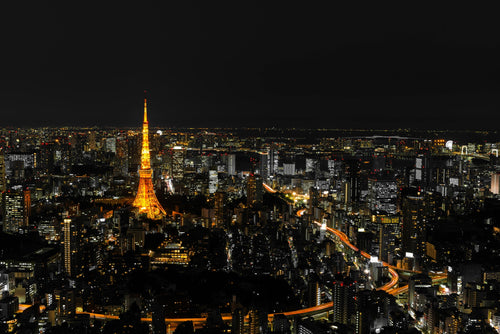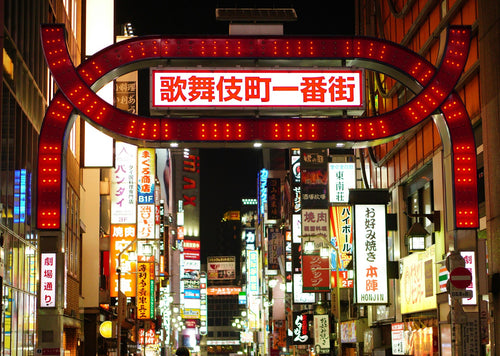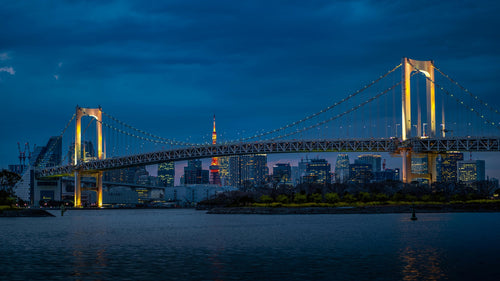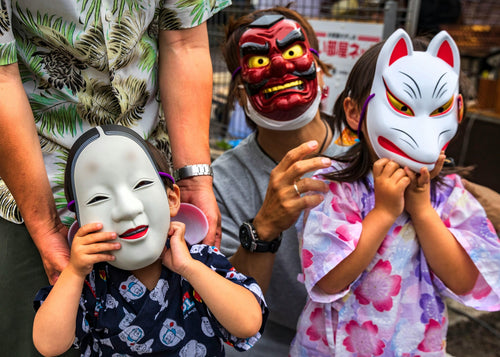
Safety Guide for Traveling in Japan
Japan is known for being one of the safest countries in the world, making it a popular destination for travelers seeking a worry-free experience. However, like any trip, it’s important to stay informed about potential risks and take basic precautions to ensure a smooth and enjoyable journey. This guide covers essential tips for staying safe in Japan, from understanding local customs to preparing for natural events, and what to do in case of emergencies.
Contents
1. Overview of Safety in Japan
2. Knowing Emergency Numbers and Resources
3. Cultural Awareness and Etiquette
4. Preparing for Natural Disasters
6. Health Precautions and Medical Facilities
1. Overview of Safety in Japan
Japan is widely regarded as a very safe country, with low rates of violent crime and theft. The country’s strong culture of respect, strict laws, and organized public services contribute to a secure environment for locals and travelers alike. Nonetheless, it’s always wise to stay vigilant, particularly in busy urban areas where petty theft can occur, and to be mindful of your belongings.
2. Knowing Emergency Numbers and Resources
In Japan, the emergency number for police is 110, and the number for fire or ambulance services is 119. Many major cities, including Tokyo and Kyoto, have multilingual assistance hotlines that can help travelers navigate emergency situations. Additionally, the Japan National Tourism Organization (JNTO) offers a 24-hour helpline (050-3816-2787) for visitor assistance, which is useful for various non-emergency situations.
3. Cultural Awareness and Etiquette
Being culturally aware and respecting local customs is essential in Japan. The Japanese place high value on politeness and social harmony, so be mindful of etiquette. Avoid speaking loudly in public places, respect queueing, and remember to remove your shoes when entering someone’s home or certain traditional spaces. Familiarizing yourself with basic customs not only enhances your experience but also fosters a positive interaction with locals.
4. Preparing for Natural Disasters
Japan is located in a region prone to earthquakes, tsunamis, and typhoons. When you arrive, it’s helpful to know the emergency evacuation routes in your accommodation and familiarize yourself with local emergency alerts. Consider downloading the Japan Shelter Guide or Yurekuru Call apps, which provide real-time updates and guidance in case of natural disasters. Staying informed and aware of local safety measures is essential to your safety during your visit.
5. Transportation Safety Tips
Japan’s public transportation system is efficient and secure, making it safe to use at any time of the day or night. When using public transit, keep an eye on your belongings, especially during rush hours when trains and buses are crowded. Taxis in Japan are also highly reliable, with drivers who are typically courteous and honest. If renting a car, be cautious, as driving can be challenging in cities due to narrow roads and unfamiliar traffic signs.
6. Health Precautions and Medical Facilities
Japan has high-quality healthcare, but medical expenses can be costly for travelers without insurance. It’s recommended to have travel health insurance that covers international healthcare costs. Many hospitals and clinics in larger cities offer English-speaking services. In case of minor ailments, Japan’s convenience stores and pharmacies are well-stocked with basic medications, often clearly labeled in English for ease of use.
7. Avoiding Common Scams and Tourist Traps
Scams are rare in Japan, but it’s wise to stay alert, especially in crowded tourist areas. Be cautious of anyone offering unsolicited services, and avoid overly persistent vendors in popular spots. Some bars and nightclubs in entertainment districts like Roppongi and Kabukicho may add unexpected “service charges” to bills, so check prices carefully beforehand. If unsure, seek recommendations for reputable establishments.
8. Personal Safety Tips for Solo Travelers
Japan is a popular destination for solo travelers due to its safe environment, but it’s always prudent to take personal safety precautions. Avoid isolated areas late at night, especially in unfamiliar neighborhoods. Share your travel itinerary with someone back home, and keep a local emergency contact number saved in your phone. Solo travelers can feel secure and comfortable exploring Japan with these simple precautions.
Japan is one of the safest places to visit, thanks to its organized society, low crime rates, and respectful culture. By being mindful of local customs, staying informed about emergency procedures, and preparing for natural events, you can ensure a safe and enjoyable trip. With these safety tips in mind, you’ll be ready to explore Japan confidently and make the most of your travels.
分享
You may also like
-

東京最佳夜間探險夜遊
東京的夜生活以其活力、活力以及傳統與現代體驗的獨特融合而聞名。從燈火通明的寺廟到霓虹燈閃爍的城市景觀和隱藏的文化瑰寶,東京提供一系列夜間旅遊,揭示這座城市的多樣化美麗和天黑後的脈動。無論您是尋求文化見解、壯麗景色,還是對東京最令人興奮...
-

新宿歌舞伎町夜生活指南
新宿歌舞伎町區被稱為東京的“不夜城”,是東京夜生活的中心。歌舞伎町以其霓虹燈閃爍的街道、熙熙攘攘的娛樂場所和充滿活力的活力而聞名,是尋求難忘夜晚的遊客的必遊目的地。從主題酒吧和卡拉 OK 場所到隱藏的瑰寶和熱門景點,歌舞伎町提供各種體...
-

東京6處最佳夜景景點
東京的夜晚是令人驚嘆的奇觀,燈火通明的摩天大樓、標誌性地標和熙熙攘攘的街道營造出充滿活力的夜間城市景觀。對於當地人和遊客來說,東京提供了一系列夜景景點,展示了這座城市的活力。本指南介紹了體驗東京迷人夜景的六個最佳地點,每個地點都提供獨...
-

不可錯過的 10 個日本傳統節慶(祭)
日本的節日,或稱為“祭”,是對文化遺產的充滿活力的慶祝活動,以精緻的服裝、熱鬧的遊行和古老的儀式為特色。從盛大的城市活動到親密的鄉村聚會,每個節日都是獨一無二的,並植根於當地的傳統、傳說或宗教信仰。這些節日通常強調季節變化,例如春天的...




